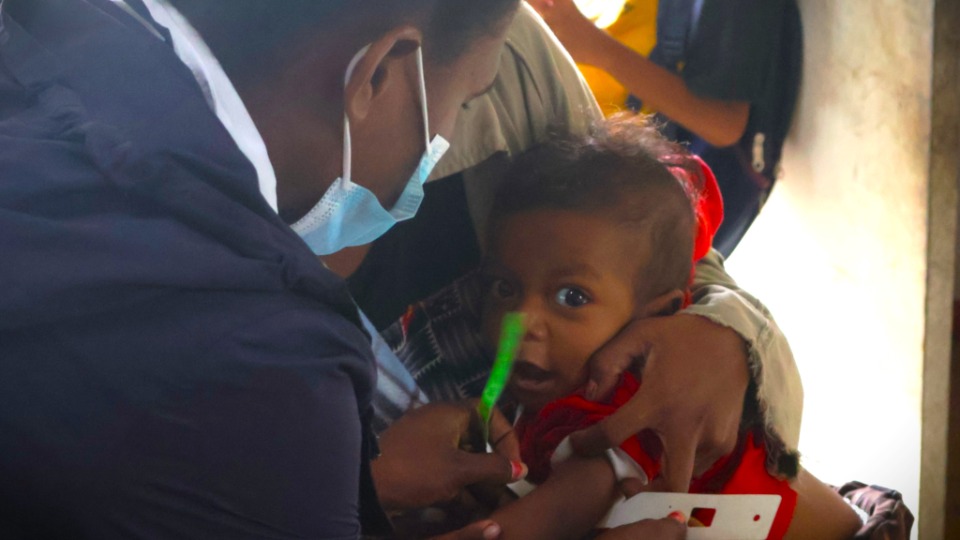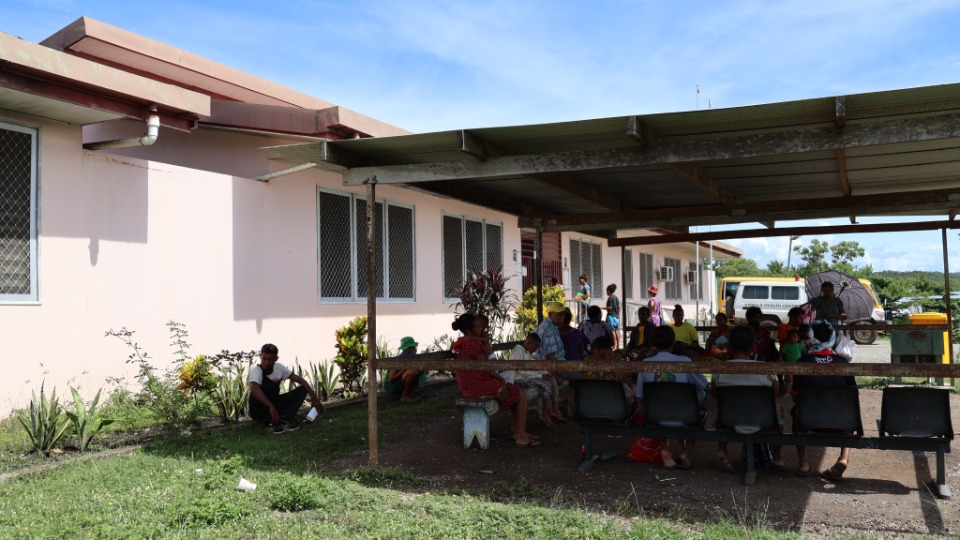
A modest medical outpost in the Central Province town of Kwikila is now better able to serve remote villages spread throughout the coastal mountains and jungles of southern Papua New Guinea.
Through a major donation by The Church of Jesus Christ of Latter-day Saints, the medical centre has received new diagnostic tools and equipment that will benefit not only Kwikila-area patients, but for those who live farther away, and have no available medical services in easy reach.
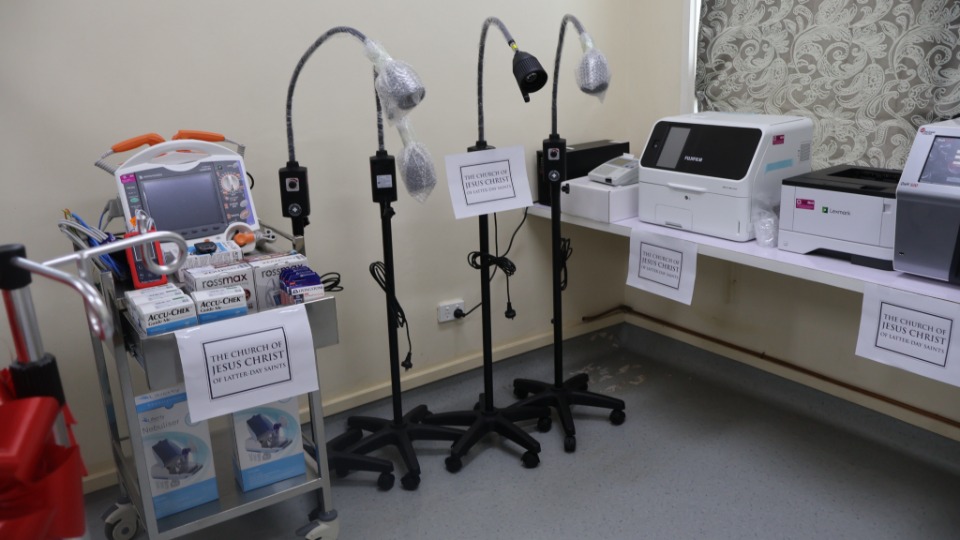
Some of the new equipment will allow remote villages to share x-ray images and diagnostic data with the hospital in ways that will help curtail the impact of infectious diseases such as tuberculosis.
A Case Study: Tuberculosis Screening in a Remote Village
An example of the new medical technology donation can be seen in the rural fishing village of Hula. The village has a population of about 7,000 spread out over miles of shoreline. There are no available advanced health services.
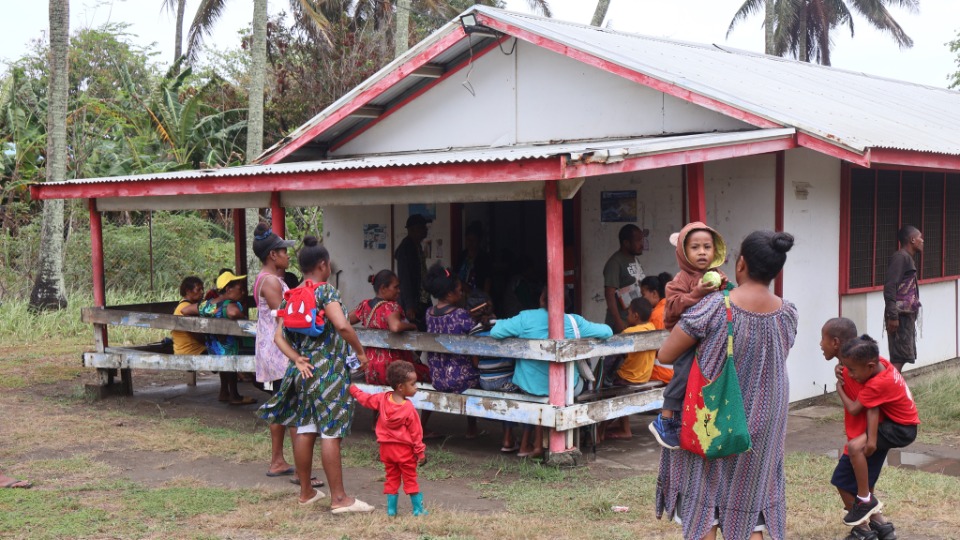
But following the donation by the Church of Jesus Christ, a portable tuberculosis screening device is bringing a new level of medical care to remote areas and saving lives in the process.
Tuberculosis is rare in more industrialized nations, but remains a problem in areas where poverty, malnutrition and limited access to healthcare contribute to higher TB transmission rates.
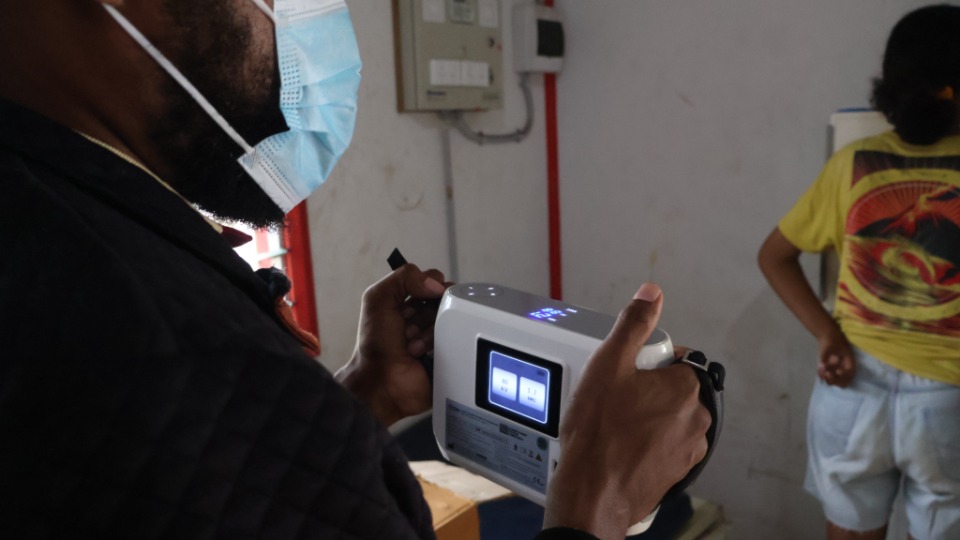
The portable hand-held x-ray camera “talks” with a specially programmed laptop computer, and artificial intelligence can assess tuberculosis symptoms in patients and recommend customized treatment programs for those with the disease.
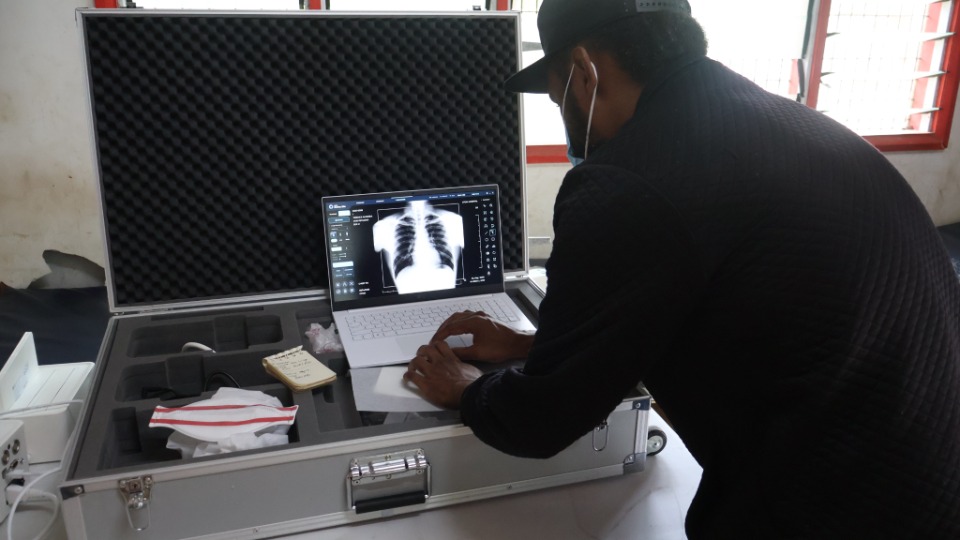
The small medical office in Hula opens a few days each week. Patients usually arrive early to receive basic medical services and education. Many come with routine concerns, but one morning a young man and a young woman came by appointment to assess their lungs for possible tuberculosis infection.
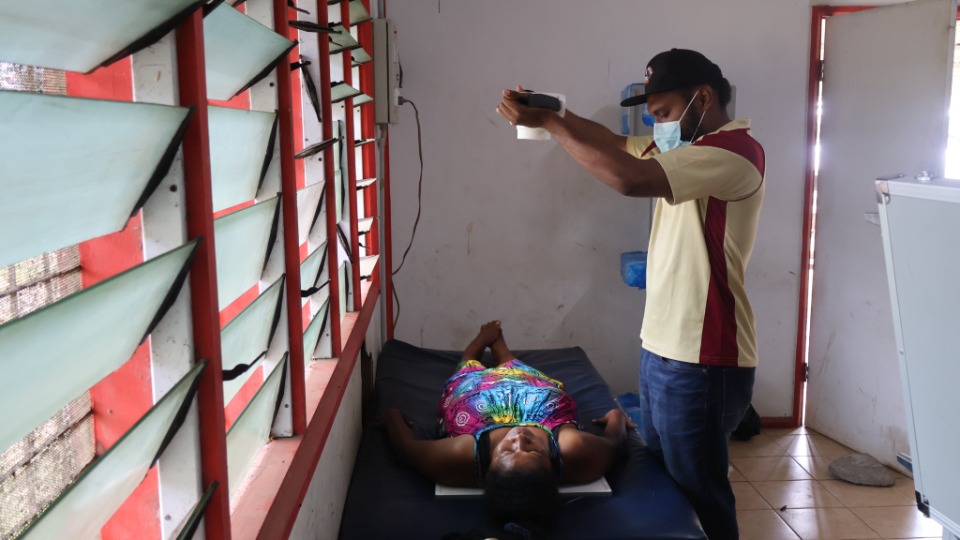
A trained operator drove two hours from the Kwikilla Medical Center to take x-ray pictures of the patients and then examine the results with the help of artificial intelligence.
The patients were thrilled to be assessed so close to home. To Juda Nundima, who operates the unit, the gift of the equipment by The Church of Jesus Christ of Latter-day Saints enables him to be part of saving peoples’ lives with cutting edge technology.
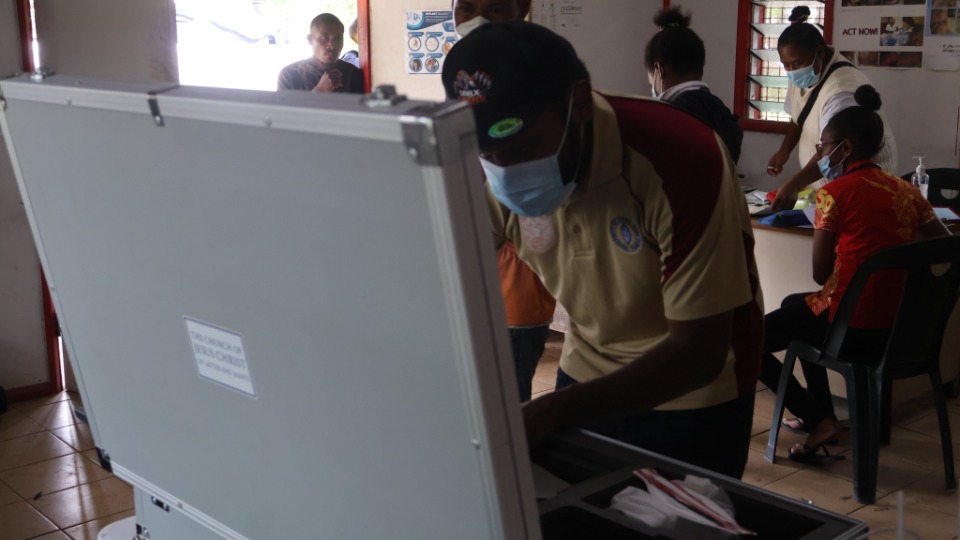
“I’m so happy to have completed my training for this project. Travelling around the province and being able to do this kind of work is the most rewarding thing I ever done. All I can say to the Church is ‘thank you!’”
Because the equipment is so easily portable, Nundima can visit several villages in a single day. Seriously sick patients can be identified and moved to the Kwikila Medical Center or to appropriate medical facilities in larger cities.
The Church’s donation provides expanded clinics, more patient beds, and improved diagnostic equipment to the Kwikila hospital
From treating injuries to poisonous snake bites to birthing babies, the Kwikila Hospital, officially known as the Kwikila Interim Provencial Hospital, struggles to keep up with the demands of rural health care in an area prone to tropical diseases, poisonous snake bites, and the effects of malnourishment. But after a careful review of the hospital’s needs, The Church of Jesus Christ of Latter-day Saints has provided major support to the hospital by providing funding for the construction and supply of a new maternity wing, along with diagnostic tools, and expanded clinic care.
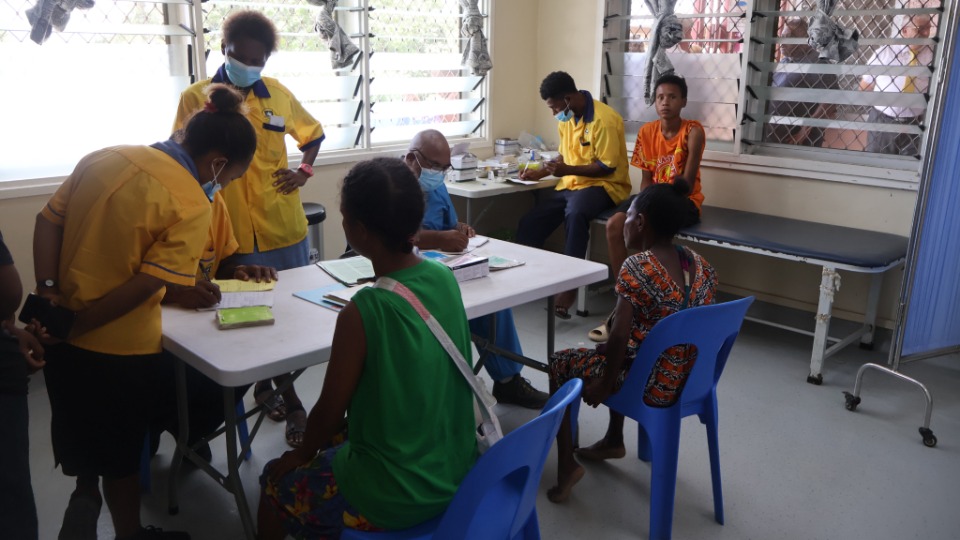
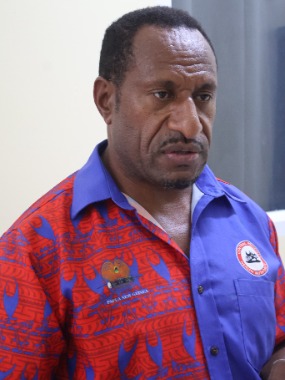
Rigo District Health Manager Mckenzie Kupo says the Church’s donation will “absolutely” save lives.
“It means everything to have a fully functional laboratory in a health facility where we are in dire need of this medical equipment, as well as the diagnostic equipment to save lives. This is a lifesaving event for us because it’s very expensive—we cannot afford to operate through the normal government system. I am really overwhelmed to have this life-saving equipment in our hospital. The portable x-ray is especially important to us. It is a blessing.”
The Future of Church-Supported Medical Outreach
Throughout Papua New Guinea, as in dozens of other countries, the Welfare and Self-Reliance division of the Church of Jesus Christ continues to explore both the medical and educational needs of impoverished areas, and, working in cooperation with local health and government officials, provide practical medical and educational solutions to assist vulnerable populations throughout the world. By funding both the hospital improvements and the ability of medical providers to reach out virtually to remote areas, the Church of Jesus Christ is linking villages together in ways that are saving lives through better health care.
Future planned projects by the Humanitarian department include mobile cataract surgeries, vision screening for eyeglasses for school students, clean water projects in remote villages, school expansion, and medical facility renovations.
